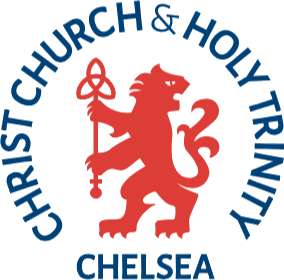Science at Christ Church and Holy Trinity Primary Schools
Intent
We seek to extend children’s natural curiosity and eagerness to ask questions about the world, enabling them to develop and evaluate explanations through experimental evidence and modelling. Teamwork, independence and inventiveness are embedded in our learning and are key attributes for today’s scientists. We aim to provide opportunities to ensure pupils acquire knowledge which they can retain in the long term. The practical nature of experimenting enables all to thrive.
Implementation
The national curriculum is followed, and where possible topics are embedded into the term’s themes. We follow a scheme called Switched on Science – which allows us to be creative and experimental.
Each pupil has a Learning Brief for each topic that outline what and how they learn. This is developed throughout the school with a framework of what is expected in each year group.
All children are encouraged to explore and investigate practically and usually work in mixed ability groups. Their understanding is often recorded through drawings, photographs and discussion.
Curriculum
We use Switched on Science resources for science. This scheme, covers Early Years to Y6 and is accompanied by assessment tools. It provides the right balance between working scientifically and learning scientific facts.
The curriculum links directly to scientific knowledge, skills and understanding to ensure that learning is progressive and continuous.
Our curriculum is built around the principle of greater learner involvement in their work. It requires deep thinking and encourages learners to work using many different ways to hook the child in. They do this through exploring, talking about, testing and developing ideas about everyday phenomena and the relationships between living things and familiar environments, and by beginning to develop their ideas about functions, relationships and interactions.
We encourage them to ask their own questions about what they observe and make some decisions about which types of scientific enquiry are likely to be the best ways of answering them, including observing changes over time, noticing patterns, grouping and classifying things, carrying out simple comparative and fair tests and finding things out using secondary sources of information. They draw simple conclusions and use scientific language to talk and write about what they have found out.
Appropriate scientific vocabulary is encouraged throughout each lesson.
Children are also asked to review their learning at the end of each topic through checking Learning Briefs and discussing what they have learnt.
Assessment
Assessment is very much teacher led and judgements are made throughout the topic against the Learning Briefs. However in Y6 they take summative assessments that are linked to their topic.
Children come to school with very differing experience of the world around them, through questioning, trips, books, workshops and websites we try to ensure all pupils again equal access to the world around them.




